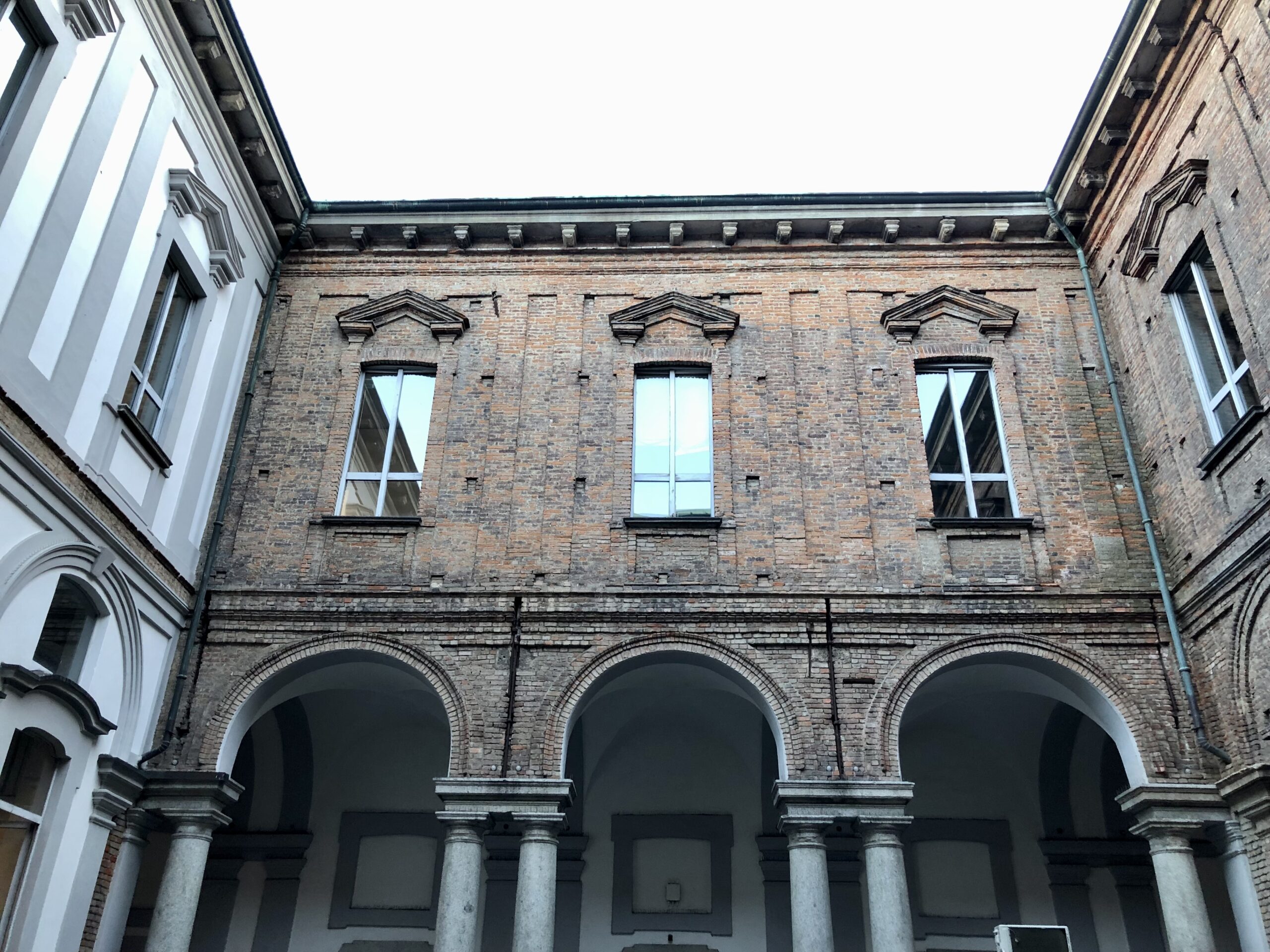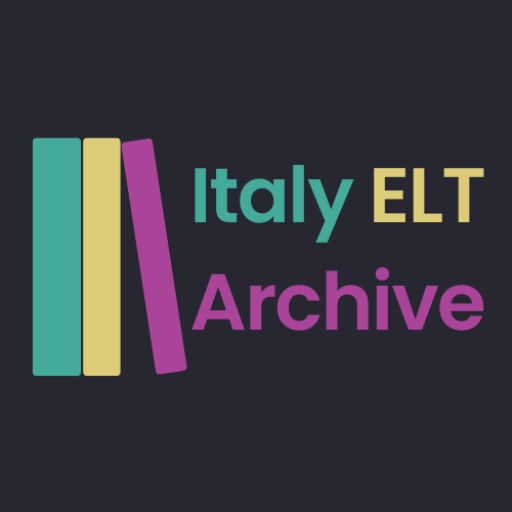
Introducing the Italy ELT Archive
Photo credits: Emanuela Tenca
International research into the history of foreign language education has gained in importance in the last few decades (see Coffey 2020; Howatt & Smith 2014; McLelland & Smith 2018; Smith 2016, 2021). In the Italian context, this has been promoted primarily by the Centro Interuniversitario di Ricerca sulla Storia degli Insegnamenti Linguistici (CIRSIL – Interuniversity Research Centre on the History of Foreign Language Education), which began its activities in Bologna in 2001, and which gathers scholars from a variety of Italian universities, including the University “Statale” of Milan, which is one of the Centre’s founding members.
While extensive historical investigation has been carried out into the teaching of foreign languages such as French and Spanish (see Minerva and Pellandra 1997; Mandich 2002; Minerva 2003; San Vicente, Pérez Vázquez and De Hériz. 2014; Lombardini and San Vicente 2015), the history of English Language Teaching (ELT) in Italy is still a relatively undeveloped field of enquiry where only a small number of studies have been conducted so far (see Nava 2018; Pedrazzini 2018, 2023; Rizzardi and Barsi 2005). To address this gap, in 2023 a two-year project was launched at the Department of Languages, Literatures, Cultures and Mediations at the University “Statale” which aims at creating an online archive of ELT materials published in the 20th Century targeting Italian learners of English, the Italy ELT Archive.
The Department already hosts a physical collection of primary sources which has been built up by Professor Luciana Pedrazzini and Professor Andrea Nava over the last few years, and which is still being expanded through donations. The development of Italy ELT Archive is inspired by other international projects aimed at collecting and organising learning and teaching materials of the past while making them available to researchers, teachers, and students. In particular, the Warwick ELT Archive, set up by Professor Richard Smith at the Department of Applied Linguistics at the University of Warwick, represents an excellent example of a historical collection of published and unpublished documents tracing the history of ELT between 1880 and 1990. Its catalogue includes learning and teaching materials as well as other documents (4,672 items as of 8 October 2023) that offer invaluable information concerning the historical, social, cultural, and pedagogical context where those materials were designed and adopted.
Although the majority of texts in the Warwick ELT Archive come from the British and American contexts, one of the objectives of the project is to challenge mainstream views on ELT approaches by focusing on less explored contexts such as China, India, and Japan. In this sense, the Italy ELT Archive follows the footsteps of the Warwick ELT Archive in order to provide researchers and practitioners with a tool to investigate the local take-up and adaptation of language teaching methods in the Italian context during the 20th century. Indeed, the development of a historical sense has fundamental implications for language teacher education (Smith 2013, 2016). For this reason, the Italy ELT Archive is designed to enable teachers to critically evaluate current teaching methods, approaches, and practices, whilst paving the way for innovation in the EFL classroom.
To this end, a systematic mapping of the sources available in Milan has been conducted leading to the creation of detailed bibliographical entries which are now freely accessible in the Book catalogue hosted on this website. Further primary sources available in Italian libraries have been sampled as well in order to provide users of the Italy ELT Archive with a more comprehensive overview of the way in which applied linguistics theories were incorporated into ELT practices in Italy in the 20th Century. Along with the Book catalogue, the website includes a catalogue dedicated to the Authors of the teaching and learning materials in the Archive, and a catalogue dedicated to the Publishers. The wealth of information offered by the three catalogues is intended to facilitate investigation conducted by anyone involved in this type of historiographical research.
Please read the instructions in the Catalogues section of this website (How to consult the Italy ELT Archive) for some recommendations on how to best explore the Archive.
